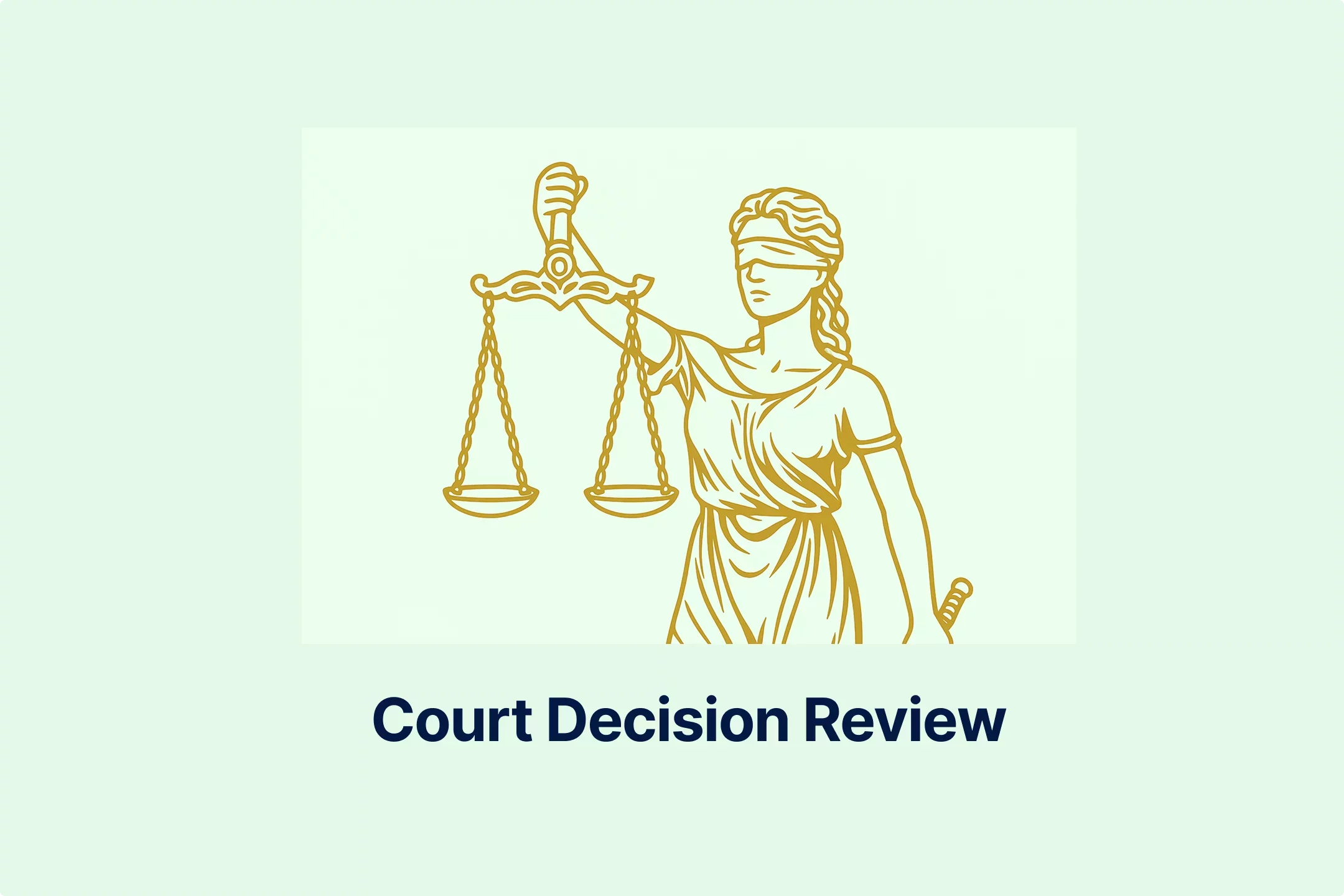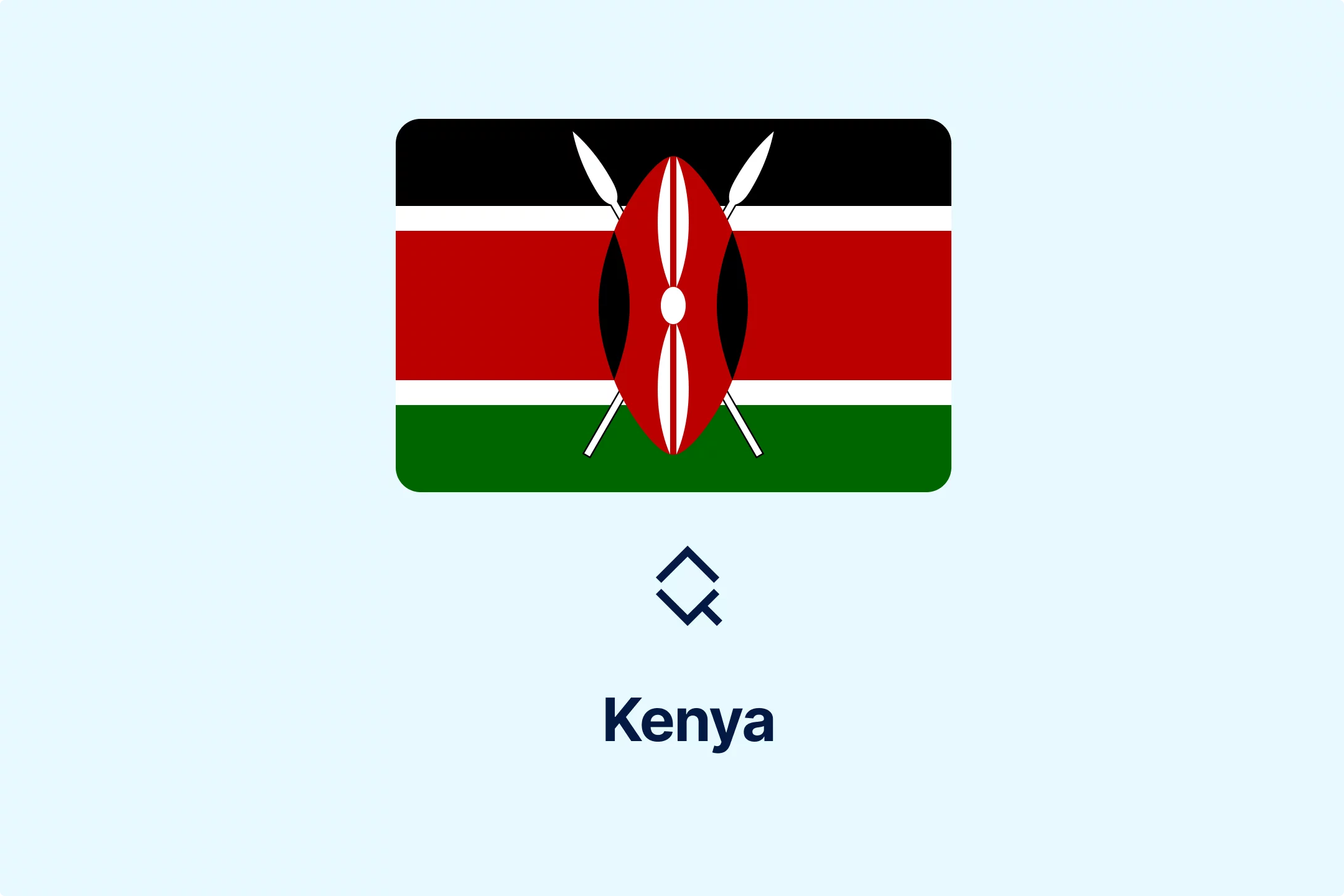Kenya High Court Clarifies VAT Exemption for Fintechs

Overview
The High Court of Kenya has set aside a Tax Appeals Tribunal ruling and confirmed that Pesapal Limited’s commissions from payment processing are exempt from VAT under the VAT Act. This decision clarifies the treatment of fintech services and has implications for how emerging markets classify digital platforms that handle funds on behalf of others.
The Dispute in Brief
The Kenya Revenue Authority argued that Pesapal did not qualify for VAT exemption since it does not provide financial services itself but merely operates a technology platform facilitating payments between customers and merchants. From the Authority’s perspective, VAT exemptions should apply only to institutions formally recognised as financial service providers under Kenya’s banking and financial laws, not to technology intermediaries. KRA had demanded KSh 110.7 million (Approximately USD 758,000) from Pesapal, comprising VAT, penalties and interest.
Tribunal ruling: In 2023, the Tax Appeals Tribunal sided with KRA, holding that Pesapal was a “technology platform” rather than a provider of financial services.
Pesapal’s argument: As a licensed Payment Service Provider (PSP) under the National Payment System Act, its activities issuing, transferring, receiving, and dealing with money align with VAT-exempt financial services under Paragraph 1(b) and 1(m) of the First Schedule to the VAT Act. The firm argued that its core activities that include receiving, transferring, and storing money on behalf of merchants fall squarely within the VAT Act’s exemption for financial services, even when delivered through digital platforms.
High Court’s finding: Justice Rhoda Rutto ruled that the VAT Act defines exemptions by the nature of the activity, not the provider’s classification. Digital delivery does not strip financial services of their exempt status.
“The VAT Act neither restricts eligibility for exemption based on the technology used, nor does it tie exemption to registration under the Banking Act. The Appellant’s (Pesapal) activities, facilitating merchant payments, processing client funds, storing balances, and executing payment instructions, are functionally equivalent to and mirror those of financial institutions albeit in a digital environment,” Justice Rutto averred.
Why This Matters Beyond Kenya
Global fintech relevance: Many jurisdictions like the EU, South Africa, India face similar questions whether fintechs performing “bank-like” functions digitally should enjoy financial services VAT exemptions. Kenya’s ruling strengthens the argument that the exemption applies regardless of technological form.
Legal interpretation principle: The Court’s decision reaffirms the international tax principle that ambiguity in VAT laws must be resolved in favour of the taxpayer. This echoes approaches in the EU Court of Justice (e.g., Bank of Scotland CJEU case law).
Policy shift indicator: The ruling positions Kenya within broader international debates on whether existing VAT frameworks are fit for fintech-driven business models. It highlights the tension between governments’ fiscal needs and the digital economy’s push for affordable, scalable financial services.
Implications in practice
For fintech providers, the ruling offers much-needed clarity: commissions earned for handling money on behalf of merchants are VAT-exempt. This precedent may also be cited by similar fintechs in other emerging markets facing disputes over the taxability of their services.
For merchants and consumers, the decision lowers costs. Had the court ruled otherwise, VAT would have increased transaction charges, discouraging digital adoption and raising the cost of digital payments.
For tax authorities worldwide, the case signals the importance of clearly legislating exclusions if they intend to tax fintech services. Ambiguities in VAT provisions are likely to be interpreted by courts in favour of taxpayers.
Comparative Jurisdictional Positions on Fintech VAT Exemptions
In the European Union, the Court of Justice of the European Union (CJEU) has repeatedly confirmed, in cases such as Hedqvist and DPAS, that VAT exemptions apply to services involving the transfer of money, even when performed electronically. However, these exemptions are interpreted strictly, meaning that ancillary services like IT support or data management may remain taxable.
In South Africa, the VAT Act exempts core financial services such as issuing or transferring money. Yet, where fintech providers charge a fee for services like payment facilitation, such commissions are generally standard-rated unless they are deemed integral to the financial transaction itself.
In India, the Goods and Services Tax (GST) framework exempts core banking and money transfer services, but charges levied by payment gateways are typically taxable. Courts in India are increasingly tasked with determining whether fintechs operate as genuine financial intermediaries or merely as technology service providers.
Global Takeaway
The trend underscores the need for clearer legislations that distinguish between financial intermediation and technology provision. The Kenyan case adds to this evolving debate, showing that courts may be willing to broaden exemptions where the substance of the service is financial, even if the delivery is digital.
Key Compliance Takeaways
Substance over form: When assessing VAT liability, focus on the function of the service if it involves transfer, receipt, or dealing with money, exemption may apply.
Evidence matters: Bank records and proof of commission-based arrangements strengthen exemption claims.
Stay alert to reforms: Pending legislation could narrow exemptions multinationals operating in Africa should anticipate a shift towards stricter VAT rules for fintech.
Comparative insight: Kenya’s ruling aligns with EU jurisprudence but diverges from stricter approaches in India and South Africa, showing how unsettled this issue remains globally.
Conclusion
The ruling affirms that digital payment processors can qualify for VAT exemption, removing a potential tax burden that might have raised costs for merchants and consumers. It also limits the tax authority’s scope to reclassify fintechs as mere technology operators, signaling that any expansion of VAT collection in the digital payments space will require an explicit change in legislation. This ruling is also not just a domestic win for Pesapal it is part of a broader international conversation on how tax systems classify fintech.
Sources; Kenya Law, Kenya Wall Street

Ausgewählte Einblicke

The Future of Taxation: How AI Is Reshaping Tax Systems
🕝 September 11, 2025Mehr Nachrichten von Kenia
Erhalten Sie Echtzeit-Updates und Entwicklungen aus aller Welt, damit Sie informiert und vorbereitet sind.




-1lfl8tbv0h.webp)





.png)
